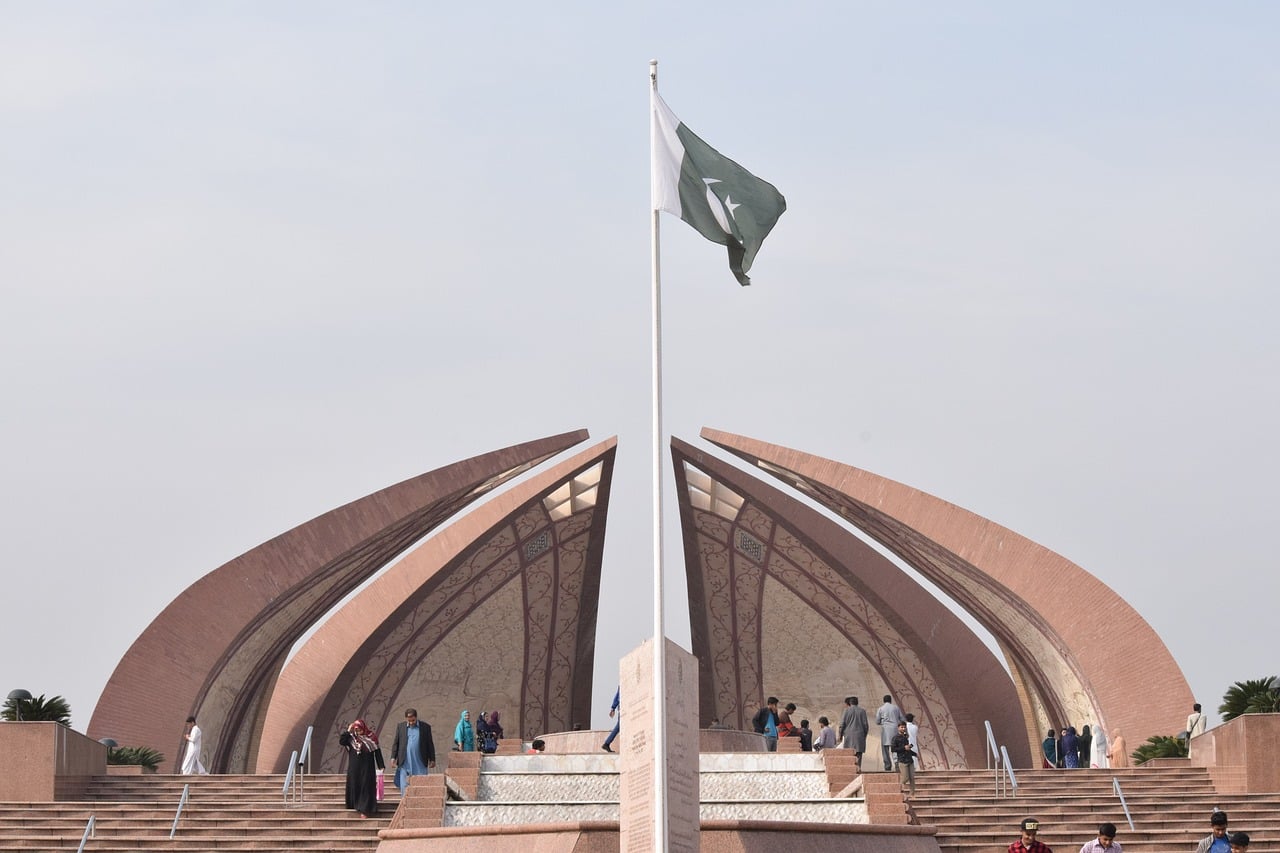Pakistan’s rupee has dropped more than 5% in May, breaching the 150-per-dollar level last week. The drop was primarily the result of Islamabad agreeing to another International Monetary Fund loan to avert Pakistan’s economic crisis. However, experts feel that Pakistan’s rupee could drop further and may even hit 200 per dollar if the trend continues.
No respite for Pakistan’s rupee
Pakistan and the IMF recently agreed to a $6 billion loan, which is expected to include strict conditions related to a market-driven exchange rate. It must be noted that Pakistan’s central bank devalued the currency five times last year.
The IMF has long been asking the country to reduce its control over the currency. In 2017, the financial organization estimated that the real exchange rate was overvalued by as much as 20%. The IMF’s latest loan will be the 13th bailout for Pakistan since the late 1980s.
The nation is now on the brink of an economic crisis, thanks to rising debt, rocketing inflation, a growing deficit and falling reserves. Pakistan’s economic crisis also prompted rating agencies to lower Pakistan’s credit score earlier this year. This created further turmoil in the nation’s currency and stock market. Due to such a backdrop, experts believe there will be no respite for Pakistan’s currency; rather, they expect the situation to get worse.
“This knee-jerk reaction of the market will continue,” said Kaiser Bengali, an economist who has held crucial posts in the government in the past, including the first head of the cash-based social support program in 2008. “Given our large deficit and high debt ratio, the rupee will continue to decline. The rupee will be 200 a dollar by year-end,” Bengali said, according to Bloomberg.
In its latest study, “Pakistan’s Economy: IMF Programme and its Implications,” Topline Research noted that the government could allow the rupee to depreciate by 13% to 17% to Rs160-165 against the dollar by year-end. The rupee is currently valued at about 148 a dollar, compared to a record-low 152.525 last week. Pakistan’s currency has been among the worst performers globally in May. In the last 12 months, the rupee has lost almost a third of its value.
Pakistan’s economic crisis is good for expatriates
A similar sentiment was echoed by Abbas Masud, former executive vice president of United Bank Limited (UBL) in Dubai. He told Gulf News that the drop in Pakistan’s rupee was expected because it was “artificially propped up by previous governments.” Further, the former executive said the drop in the currency could lead to inflation and increase the cost of imports. At the same time, the drop in value would boost exports and increase home remittances, he said.
What Masud said turned out to be true. According to Gulf News, Pakistani expatriates in the UAE have started remitting money home. Pakistan’s rupee is not just losing value against the U.S. dollar, but against other currencies as well. For instance, one dirham is about 40 Pakistani rupees now, compared to about 38 a couple of weeks ago.
What is the government doing?
Meanwhile, Pakistan is doing all it can to reverse the currency crisis. The government is even considering limiting the amount of U.S. dollars that can be carried out of the country by individuals.
A special committee tasked with limiting rupee devaluation is currently considering a suggestion from the Exchange Commission of Pakistan (ECAP). The committee is evaluating the effects of reducing the amount of cash one take abroad from $10,000 to just $3,000. ECAP believes such a restriction would help inject $2 billion a year into the economy.
Religious leaders are doing their bit as well. For instance, clerics in Pakistan issued a fatwa (religious order) earlier this week declaring the hoarding of U.S. dollars a “grave sin.” Maulana Tahir Ashrafi, head of the Pakistan Ulema Council, told the Financial Times that hoarding leads to chaos, and that is why they released the fatwa.
“Unnecessary purchases of dollars must be avoided till such time as Pakistan comes out of the prevailing crisis that we face today,” he said.
Meanwhile, Pakistani Prime Minister Imran Khan is facing criticism from economists and the opposition for delaying the IMF loan and is being accused of mishandling the economy. Khan clarified earlier that the loan was delayed because he was in talks with Saudi Arabia, the UAE and China to secure $3 billion in loans from each.




